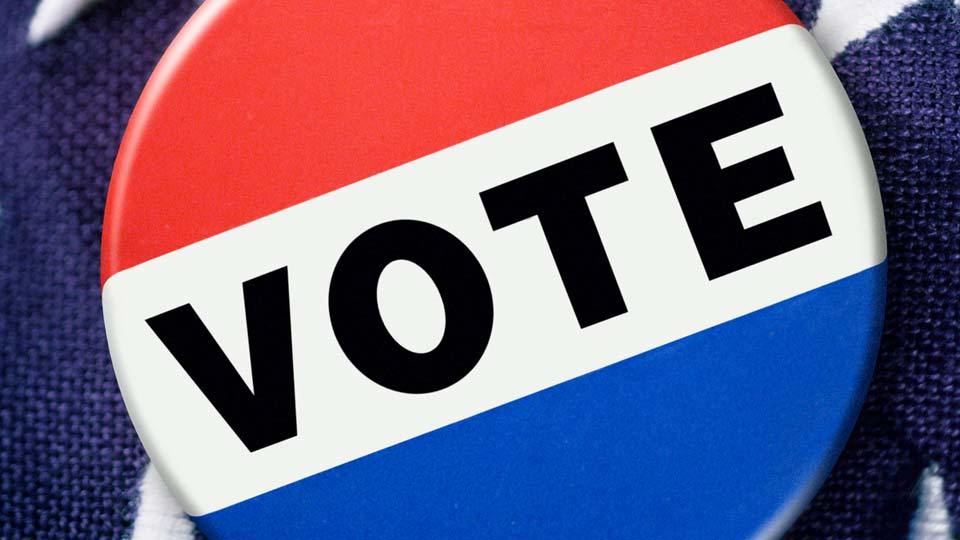Four months to go for U.S. citizens to exercise their voting rights! Over the coming months, we will provide some context on how elections effect financial markets. You may find that election years are not as financially polarizing as the media may suggest.
If you’re nervous about the markets in 2020, you’re not alone. Presidential candidates often draw attention to the country’s problems, and campaigns tend to amplify negative messages. So, it’s no wonder that investors may start feeling a little pessimistic. This can become a problem if they allow their mood to affect their money.
History shows that investors have poured into low risk money market funds leading up to elections. By contrast, equity funds have seen the highest net inflows in the year immediately after an election. This trend holds true even for international funds. This suggests that investors want to minimize risk during election years and wait until after uncertainty has subsided to revisit riskier assets like stocks. But market timing is rarely a winning long-term investment strategy, and it can pose a major problem for portfolio returns.
A comparison of three hypothetical investors would help illustrate political market timing. Assuming a four-year holding period, let’s look at the ending value of their portfolios over the last 22 election cycles.
Source: Capital Group
The investor who stayed on the sidelines had the worst outcome 16 times and only had the best outcome three times. Meanwhile, investors that were fully invested or made monthly contributions (like a 401(k) investor) during election years came out on top. These investors had higher average portfolio balances over the full period and more frequently outpaced the investor who stayed in cash longer.
Sticking with a sound long-term investment plan based on individual investment objectives is usually the best course of action. Whether that strategy is to be fully invested throughout the period or to invest consistently, such as a retirement plan, the bottom line is that investors should avoid market timing around politics. As is often the case with investing, the key is to put aside short-term noise and focus on long-term goals.
CRN-3154936-070820


Recent Comments